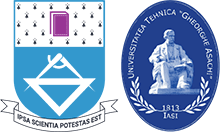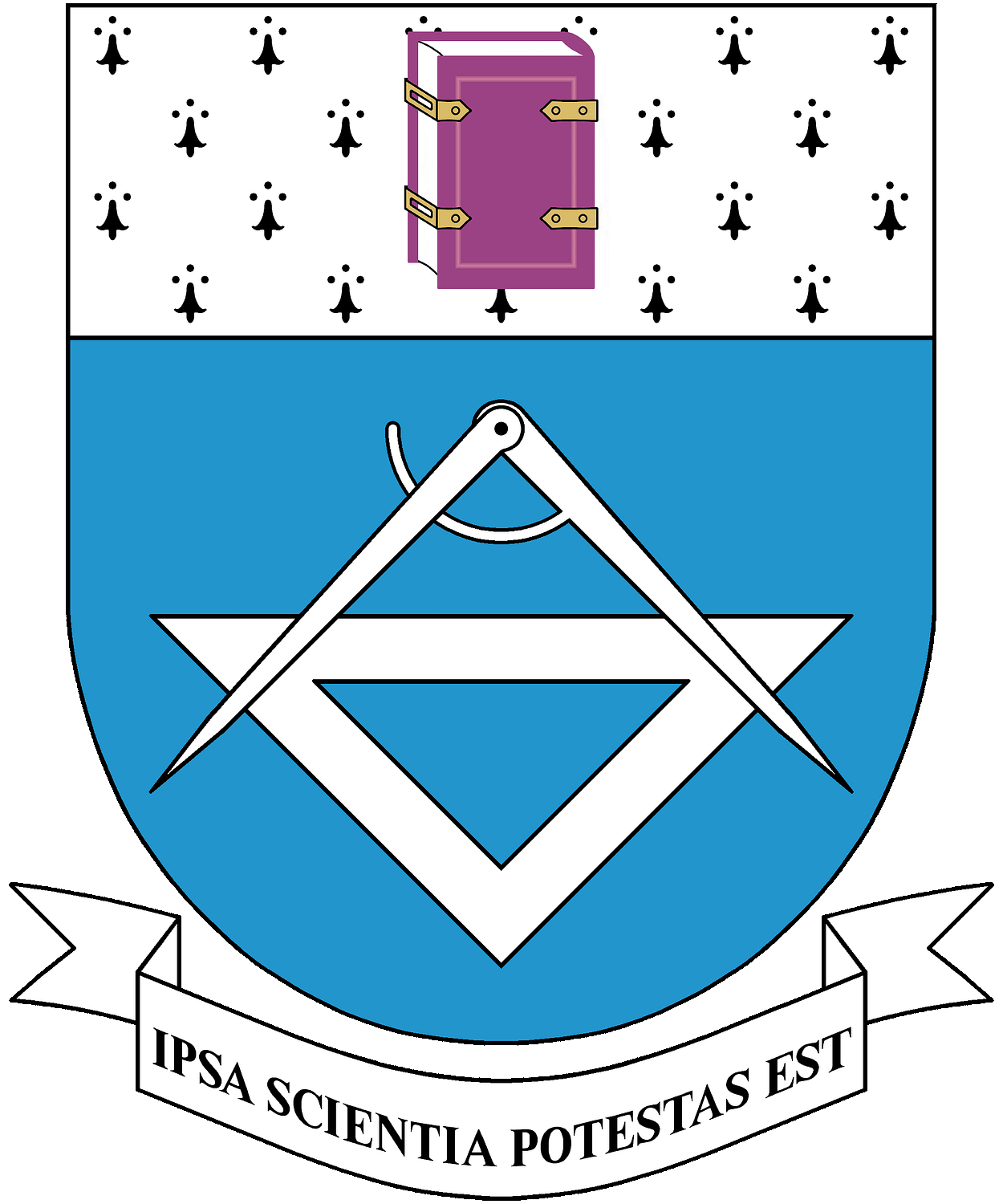About
Home / About
About
ENERGYDAM
Energy generation from Non-Powered Dams
We are a consortium of four partners from Romania and Norway, engaged in the implementation of ENERGYDAM – Energy generation from Non-Powered Dams, a project with the aim to develop a new methodology for the analysis and evaluation of modernizing / equipping existing non-powered dams with hydro energy production equipment, in order to obtain electrical power from water.
The main resulting outcome is the increase of the share of renewable energy use. It is a pilot project in Romania that will result in a set of guidelines and models of good practices, which will lead to a greater development of hydropower facilities.
Get to know
Partners in the consortium

Technical University „Gheorghe Asachi” in Iași
Consortium Leader
TUIASI is among the first technical higher education institutions in the country and falls into the category of advanced research and education universities. For more than two centuries, specialists in the fields of electrical engineering, electronics, construction, computers, architecture, hydrotechnics, textiles, mechanics or chemistry, but also in research, media, economics or politics, have graduated from the benches of our university.
UTI has carried out in the last 16 years over 39 studies on: small hydro power concepts, evaluation of small hydropower potential and solutions for easy application of technical set-ups (e.g. using pumps as turbines), implementation of laboratory set-ups and intelligent power systems developed in isolated protected areas, experimental determination of hydraulic turbines and generator efficiency and operating parameters (hydraulic, mechanic and electric) on laboratory set-ups and on site, the environmental impact of the hydropower plants as well as implementing devices to improve the water quality used by the hydraulic turbines. The rich experience and competence of the partner P1 materialized by participating in research teams in several Grants obtained through competition.
University POLITEHNICA of Bucharest is the oldest and most prestigious engineering school in Romania. On August 3, 1948, the Polytechnic Institute of Bucharest was established, which initially included 4 faculties. Based on the Senate resolution of November 1992, the Polytechnic Institute of Bucharest became the University POLITEHNICA of Bucharest. The Faculty of Energy is one of the elite schools of Romanian higher education, the first academic institution of energy education in the country, founded in 1950, recognized for professionalism, high quality academic and scientific standards. The Center for Energy Research and Environmental Protection (CCEPM) is a research center within UPB that has in its structure research teams in the field of fluid mechanics, hydraulic machines and hydropower. The scientific research staff consists of university teachers, scientific researchers, engineers, PhD students, master students and other specialists. UPB-CCEPM is a coordinator and collaborator on projects in the National Programs and in the European Platforms in the field of research and development.
The Technical-Scientific University of Norway (more often known as NTNU), located in Trondheim, is the second largest of the six Norwegian universities and the first in importance in technical-scientific education.
The university awards about 3300 diplomas annually: 1100 graduates, 2200 masters and 260 doctors. The interdisciplinary research practiced at NTNU leads to innovative results with profound social and economic impact.
The Technical-Scientific University of Norway is the leading university in Norway for the education of future engineers and scientists. The university has 7 faculties (including humanities, social sciences and medicine), 49 departments and 22,000 students (half of which in the technical-scientific departments). Developed projects & Experience: among the strategic research topics, Energy, occupies an important place. The development and integration of renewable and sustainable energy sources is a key challenge for the global community, and NTNU is committed to contributing to such a transition by minimizing the environmental footprint in the development of existing resources and by major investments in research related to: renewable energy sources, solutions for storage, energy consumption and transport. Research projects have addressed and will address the following topics: technological solutions for new renewable energies, especially solar energy, bioenergy and offshore wind energy, energy efficiency, CO2 purification and storage, improving efficiency in oil and gas exploration and production, policies , innovations and public commitment to sustainable energy, smart energy systems (smart grids), storage, energy, hydropower plants for the 21st century, advanced thermodynamic analysis, metallurgy. Research topics in NTNU strategic areas are: energy, oceanography and technology, health, welfare and technology, sustainable development of society. They are also research topics that address global challenges while at the same time providing opportunities for the Norwegian business sector.
SINTEF is the largest independent research organization in Scandinavia. SINTEF specialists create value and innovation by exploiting the knowledge acquired over time and by developing technical solutions with immediate applicability. SINTEF is an international multidisciplinary research institute with top expertise in technology, medicine and social sciences. SINTEF implements research and development contracts as a partner for both the private and public sectors, being among the top 4 research institutions in Europe.
SINTEF is an independent and non-profit institute. The profit generated by research projects is invested in new research, scientific equipment and skills development. SINTEF creates value and develops solutions in areas of strategic interest: renewable energy, climate and environmental technology, oil and gas, space technology for ocean research, health and well-being.
Developed projects & Experience: SINTEF has 2,100 employees from 70 different countries. 52% of SINTEF’s employed researchers have their doctorate. Every year, SINTEF carries out more than 9,000 research projects for 3,000 clients. SINTEF operates in partnership with the University of Science and Technology of Norway – Trondheim (NTNU). This collaboration involves the widespread use of laboratories and equipment. SINTEF has customers on all continents. We maintain an international presence through our own subsidiaries or laboratories in the United States, Brazil, Chile and Denmark.
Role in the project: SER will be actively involved with the Romanian partners in establishing the dam selection criteria and provide knowledge on state-of-the-art mitigation measures for environmental impacts from hydropower production. Researchers from SER will also be involved with the evaluation of hydropower potential and the mechanical equipment for the selected sites.







